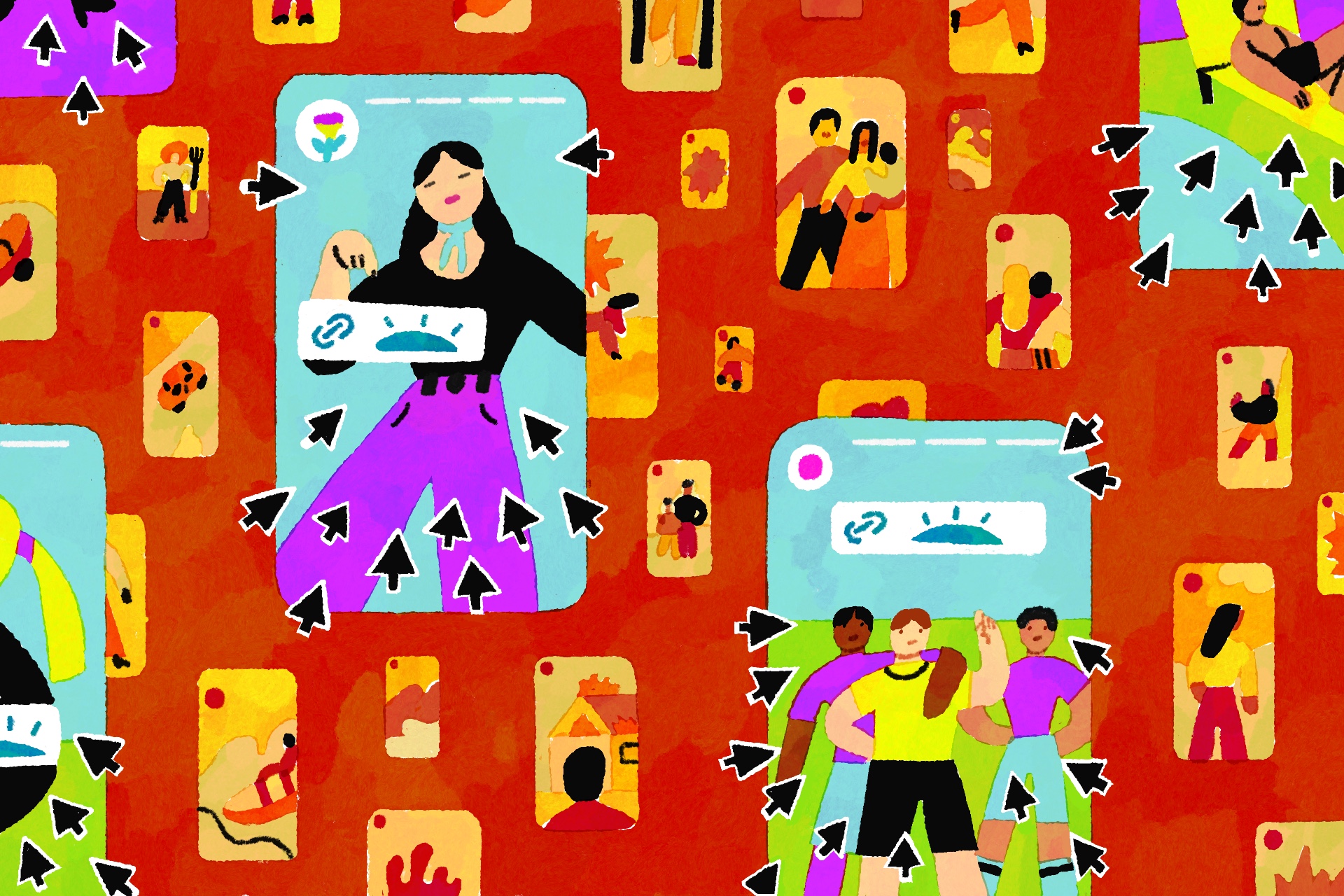Across America, families are facing unprecedented financial pressures, forcing them to turn to crowdfunding platforms like GoFundMe for basic necessities. While GoFundMe has become a ubiquitous tool for everything from medical expenses to dream vacations, its increasing use for everyday survival highlights a stark reality: the social safety net is fraying, leaving vulnerable populations to rely on the generosity of strangers.
A Single Mom’s Struggle: The Face of Crowdfunding Need
Cori Jackson, a 38-year-old single mother from Indiana, recently found herself in this precarious position. After taking in her two young nieces to prevent them from entering foster care, she faced a cascade of unexpected expenses. From potty-training challenges to addressing food insecurity issues with her oldest niece, Jackson’s resources were stretched thin. A series of unfortunate events, including car repairs and a broken recliner (her bed), pushed her to the brink.
Despite working full-time for a travel agency and qualifying for food stamps (which wouldn’t arrive in time), Jackson found herself with nowhere else to turn. With the help of a friend, she launched a GoFundMe campaign, a move she described as an act of “desperation.” This story is not unique. It reflects a growing trend of individuals and families using crowdfunding to cover essential needs like housing, food, and transportation.
Beyond Generosity: Addressing Systemic Issues
The rise of crowdfunding for basic survival raises critical questions about the adequacy of existing social support systems. While individual acts of kindness are commendable, relying on them as a primary means of support is unsustainable and inequitable. It also puts a heavy burden on individuals already struggling, requiring them to navigate the often-humiliating process of publically requesting assistance.
The underlying issues contributing to this trend include stagnant wages, rising costs of living, limited access to affordable childcare and healthcare, and inadequate social safety nets. Addressing these systemic challenges requires policy changes that prioritize economic security for all, including increasing minimum wages, expanding access to affordable healthcare and childcare, and strengthening social safety nets.
Conclusion: A Call for Systemic Change
Cori Jackson’s story is a powerful reminder of the challenges faced by many families in America today. While crowdfunding can provide temporary relief, it is not a long-term solution. Addressing the root causes of financial insecurity requires a fundamental shift in priorities, focusing on policies that promote economic justice and ensure that everyone has access to the resources they need to thrive. Only then can we move beyond relying on the generosity of strangers and create a society where basic needs are met for all.
Based on materials: Vox





